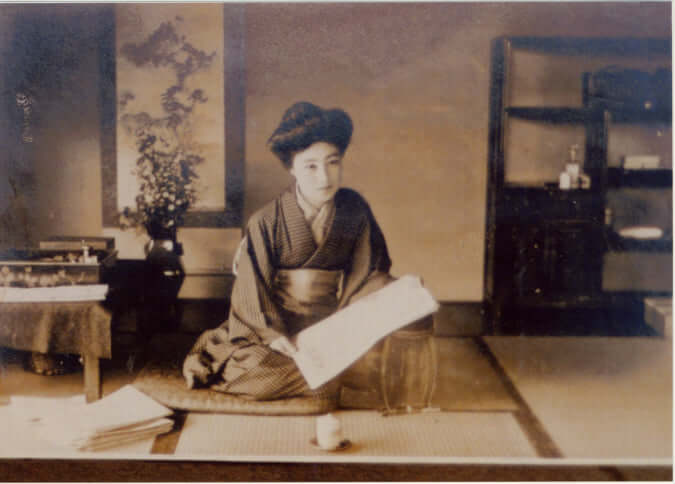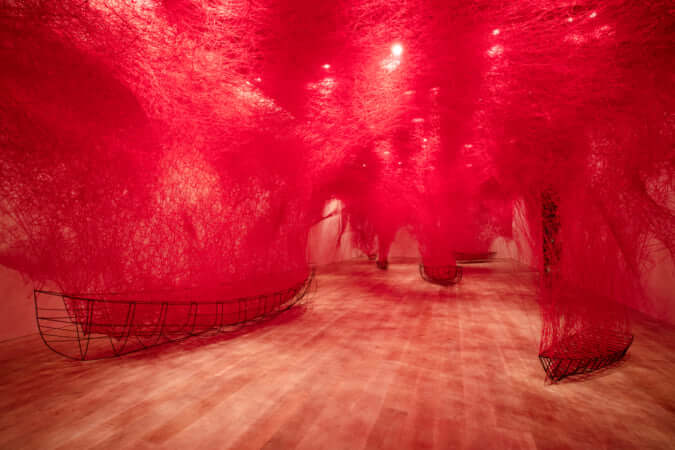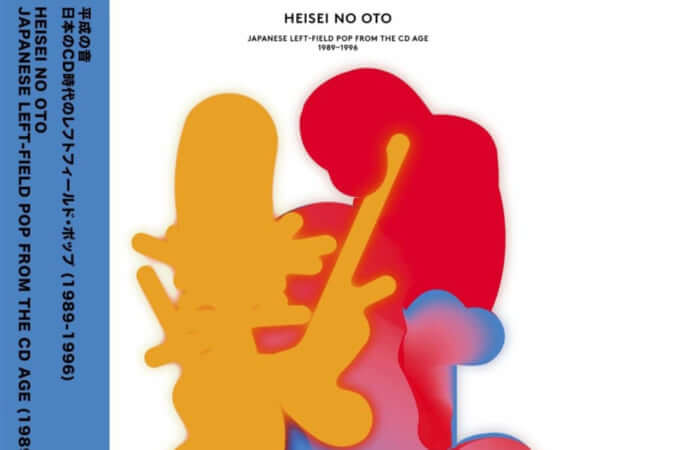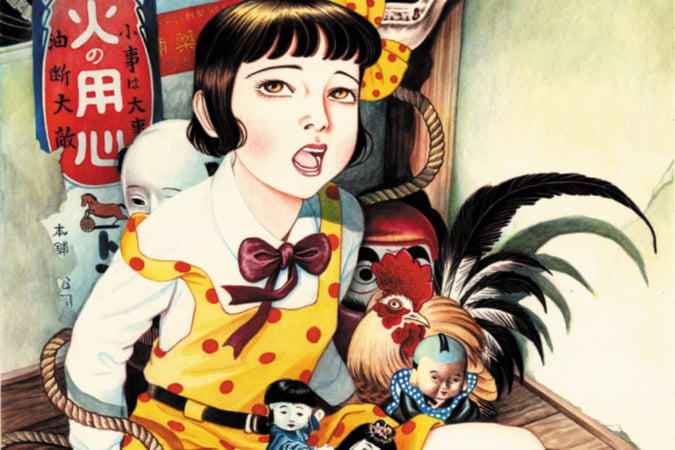Cibo Matto’s Trip-Hop Alchemy
As one of the most beloved bands of the late '90s, the Japanese duo from New York collaged genres into a one-of-a-kind avant-pop feast.
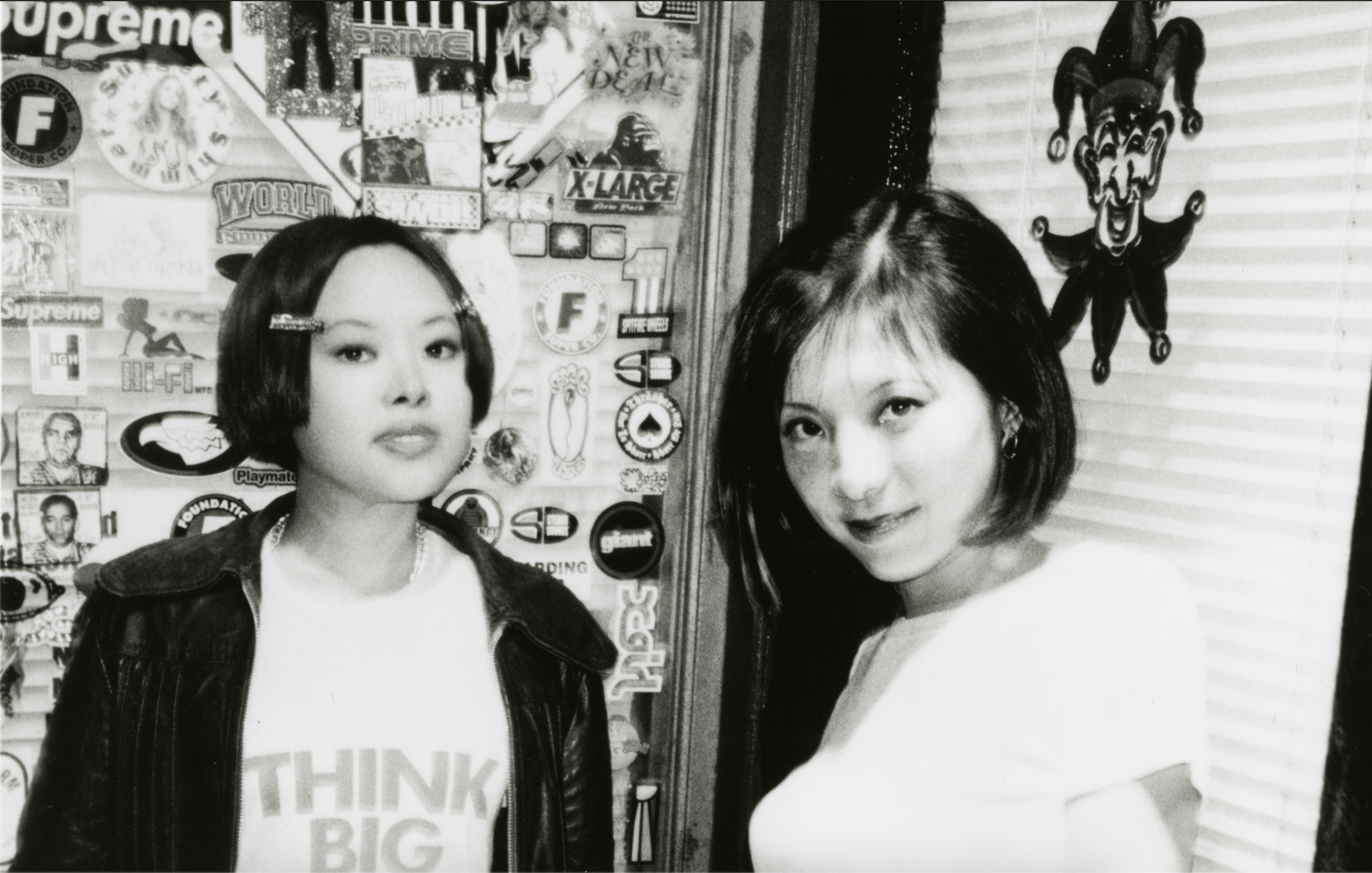
Cibo Matto © 1996 Warner Bros. Records. Photo by Michael Lavine.
‘The velocity of time turns her voice into sugar water’—whispers Cibo Matto’s Miho Hattori, echoed by Yuka Honda’s piano, and followed by crashing drum breaks. The spacious grooves of ‘Sugar Water’, from the band’s 1996 debut album Viva! La Woman, is melancholically reminiscent of Portishead. But, in another track, ‘Know Your Chicken’, the ecstatic rap line ‘you got to know your chicken!’, rolls over sample-loops and heavy beats, like a dadaist Wu-Tang.
The music of New York-based Cibo Matto (‘Crazy Food’ in Italian) started as an ode to the everyday. Viva! La Woman sings about culinary treats from ‘Beef Jerky’ to ‘White Pepper Ice Cream’, bursting in character as much as food references. Though summarised in a 1998 edition of TIME magazine as one of the best hip hop albums of all time, Cibo Matto’s mixes of stylistic references transcend any attempt to label them into a genre, creating instead an unprecendented recipe—distorted breakbeats with guitar fuzz and psychedelic samples with breathy intervals, all guided by heavenly accented vocal delivery.
Fusion Fantasy, Food for Thought
Cibo Matto’s Yuka Honda and Miho Hatto met in the ’90s in New York’s East Village, a creative neighbourhood with particularly strong flavours at the time. At the East Coast—where the two moved to from Tokyo to establish their creative base—hip hop had fermented alongside the developments of punk, in which new DIY attitudes and more outward expressions of female voices blossomed. The sensuous influence of the British-born trip hop genre meanwhile trickled in by this time, slowing and mutating rhythms into a psychedelic experiment. Viva! La Woman was a triumph that weaved together all such elements, blending atmospheres and textures into a style that has no simple name for itself.
Cibo Matto deconstructed genres with a playful art-pop wisdom, in some ways like Japan’s domestic ‘Shibuya-kei’ scene. But having encountered the hybridised identity of New York’s Japanese community, their music navigates a liminal identity tipping between America and Japan. Stereotype A, their sophomore album from 1999, surprises with even newer musical territories, from heavy metal to lounge, while maintaining their bold challenge of pre-expectation.
A Paranormal Retreat
Cibo Matto once disbanded in 2002, but a decision to perform at a benefit concert for the 2011 Tohoku earthquake momentarily brought them back together. Their third and final album, Hotel Valentine, released on Valentine’s day 2014, reconnected old roots with updated production, using lush melodies and dirtied bass-lines. While drum beats reminisce their collage-like style, the album—proclaimed on the press release as ‘a love story’ with ‘ghosts in a hotel’—haunts listeners with an elusive picture of the band.
Cibo Matto announced their final breakup in 2017. Within Hotel Valentine’s ghostly concoctions—their mysterious legacy—listeners can only imagine the limitless possibilities that could have been if the chemistry, beginning in food and ending in magic, had prevailed.
Cibo Matto’s Viva! La Woman (1996) and Stereotype A (1999) were released by Warner Bros. Records. Hotel Valentine (2014) was released by Chimera Music.
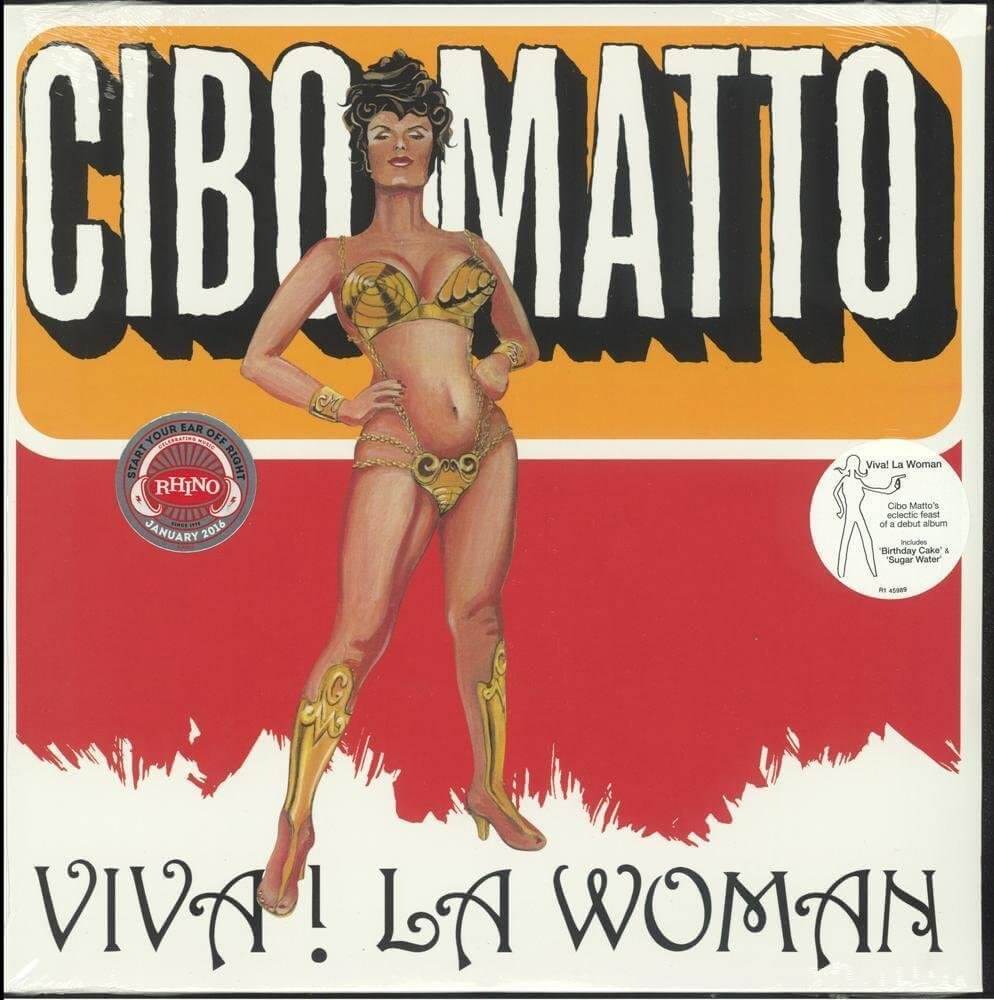
‘Viva! La Woman.’ Warner Bros. Records. Design by Mike Mills
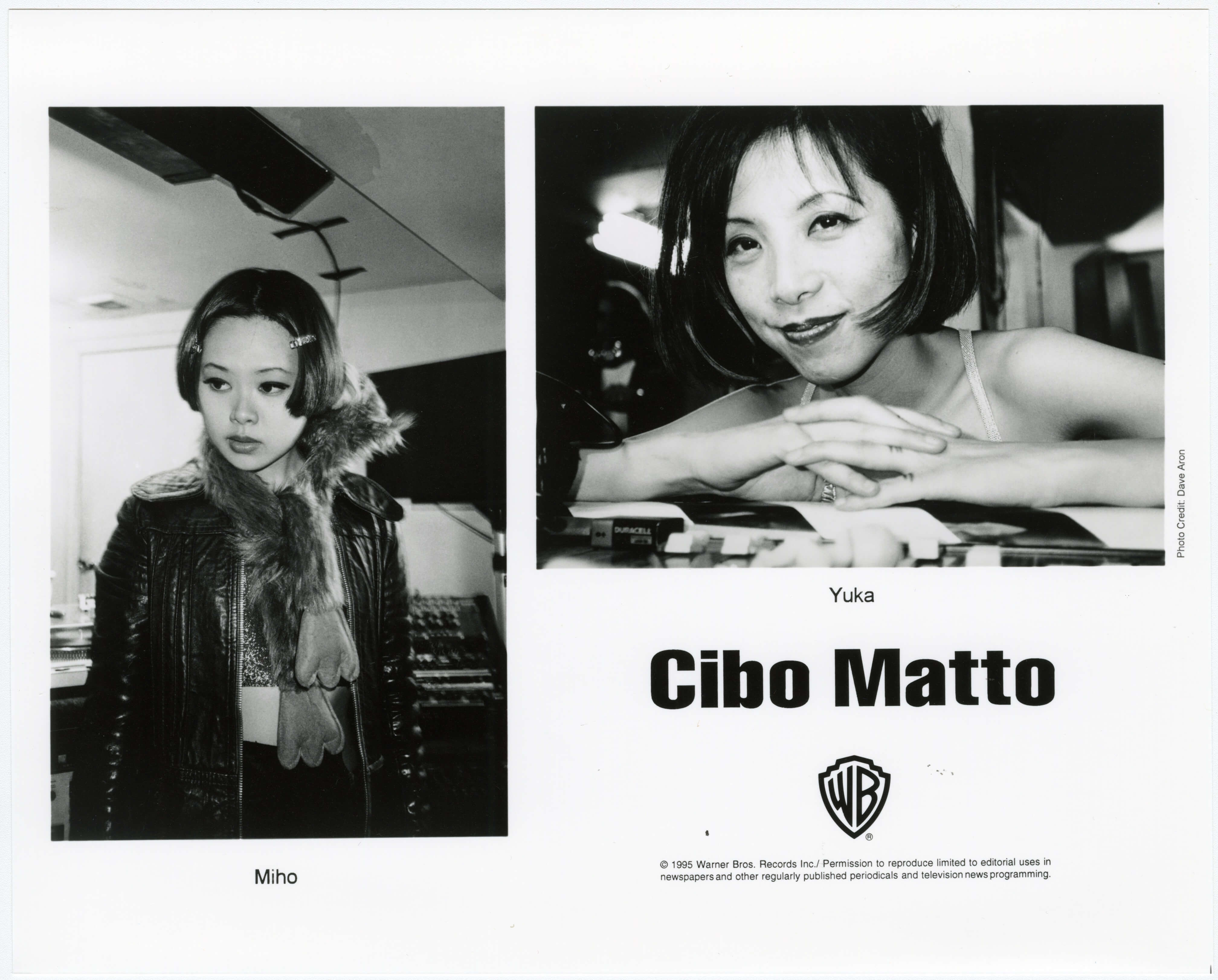
Cibo Matto © 1996 Warner Bros. Records. Photo by Michael Lavine.
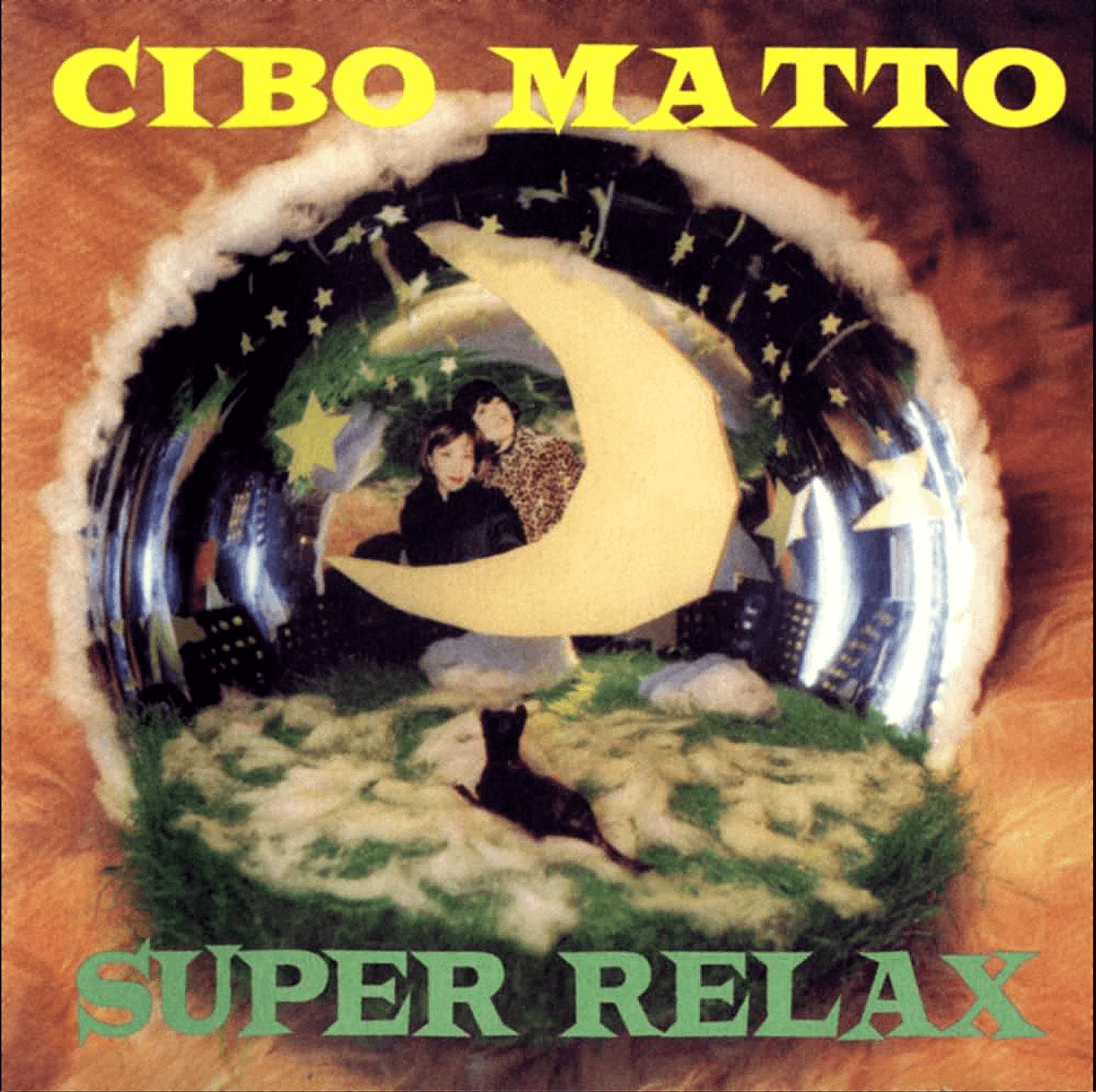
© Cibo Matto
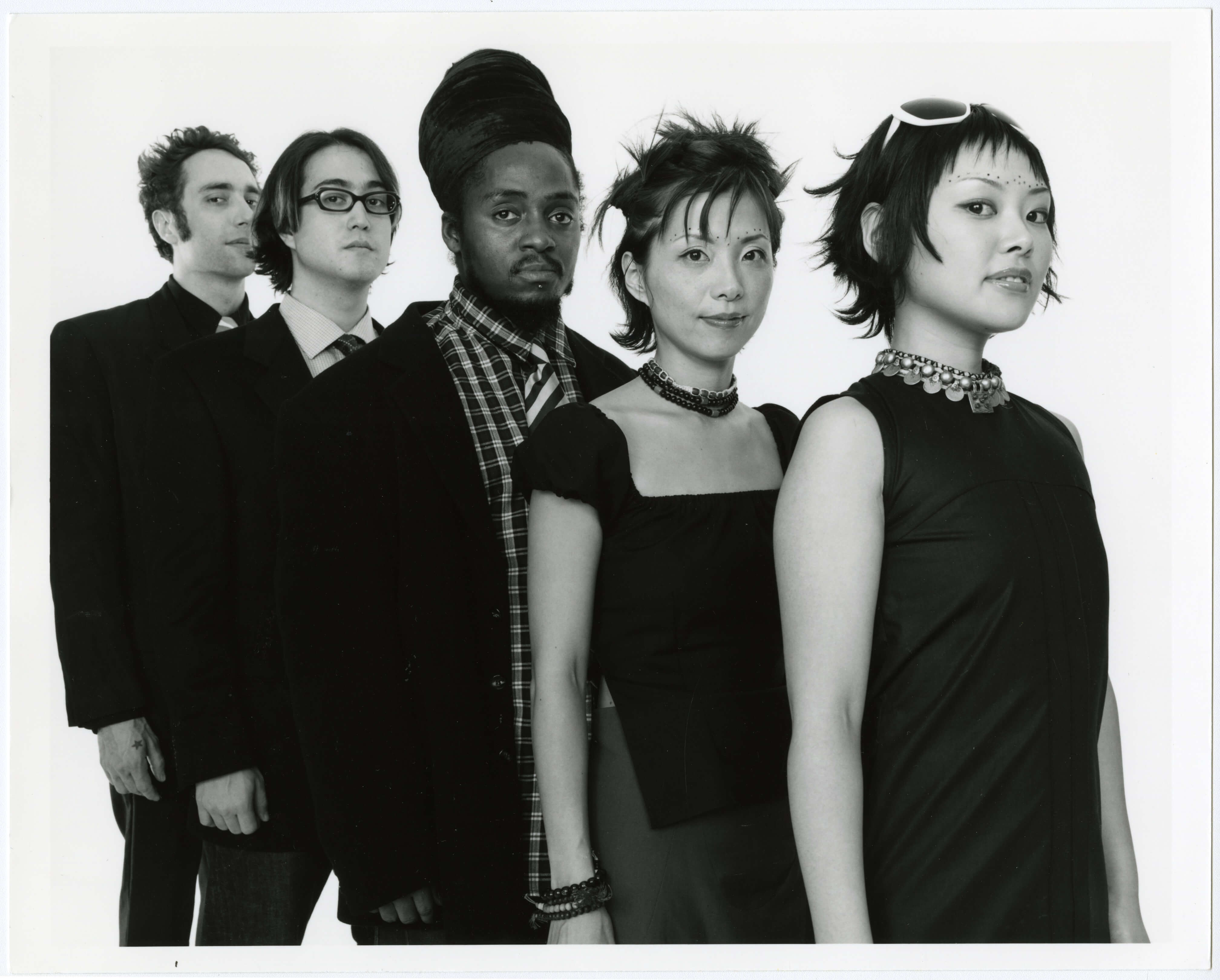
Cibo Matto © 1996 Warner Bros. Records. Photo by Michael Lavine.
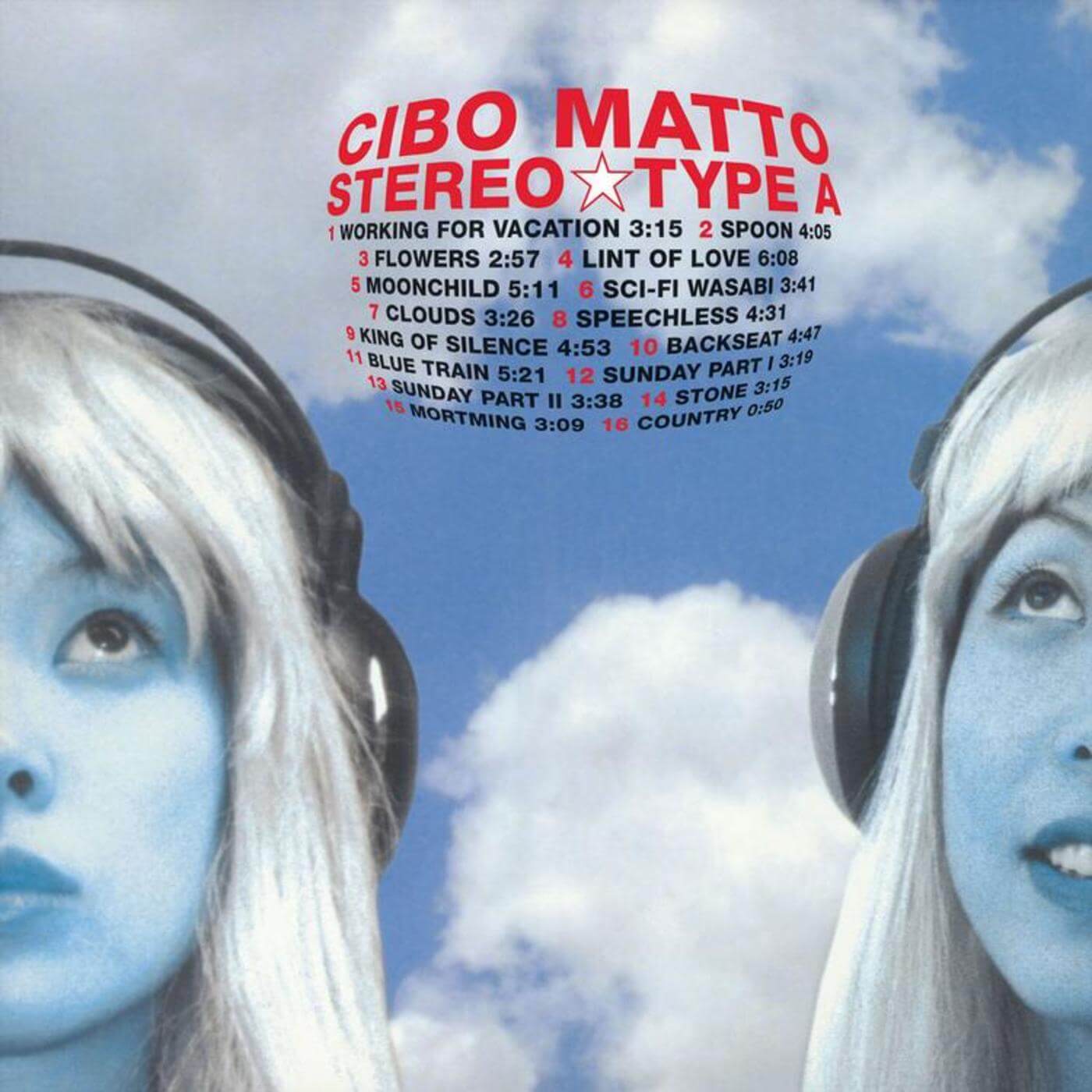
‘Stereotype A’ (1996) © Warner Bros. Records
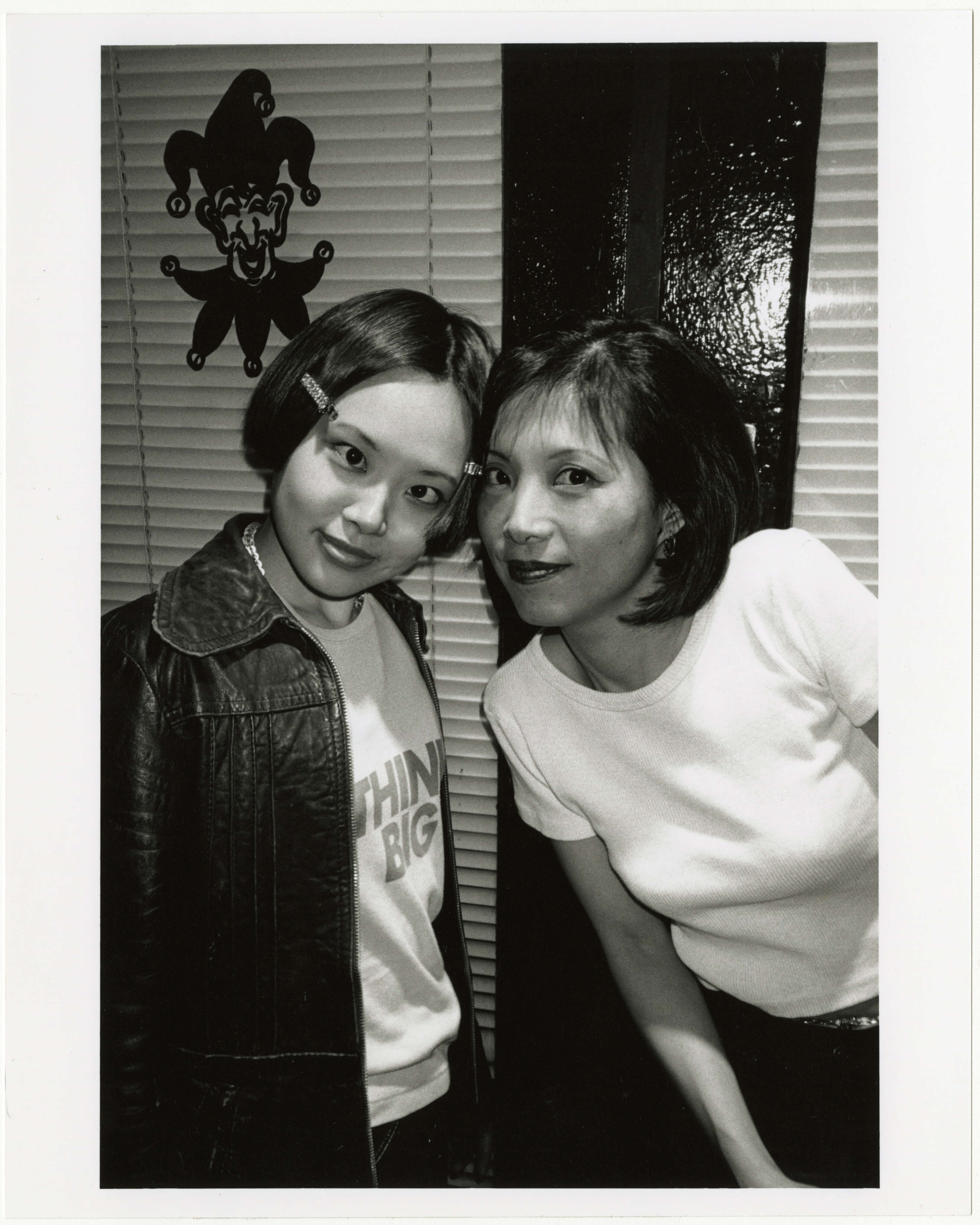
Cibo Matto © 1996 Warner Bros. Records. Photo by Michael Lavine.
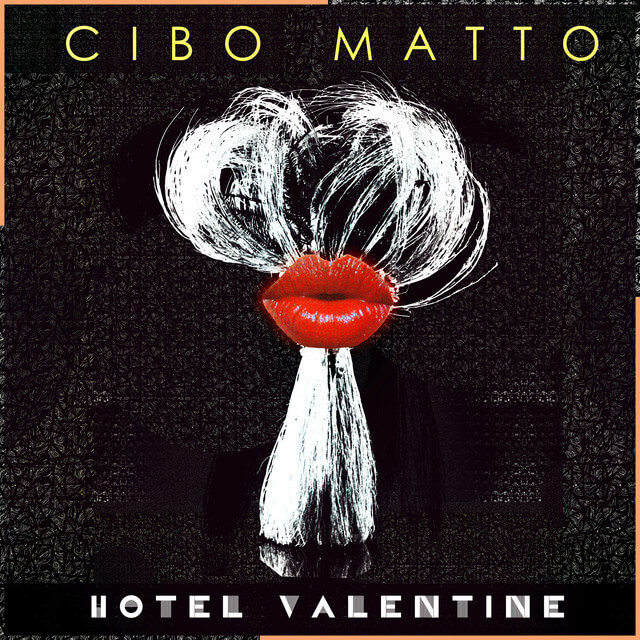
‘Hotel Valentine’ (2014) © Chimera Music. Artwork by Sofu Teshigahara.
TRENDING
-
The Tattoos that Marked the Criminals of the Edo Period
Traditional tattoos were strong signifiers; murderers had head tattoos, while theft might result in an arm tattoo.

-
The Story of Sada Yacco, the Geisha who Bewitched Europe
Described by Dazed magazine as the first beauty influencer, she has been restored to her former glory since 2019.

-
Chiharu Shiota, Red Threads of the Soul
Last year, more than 660,000 people visited the retrospective 'Chiharu Shiota: The Soul Trembles' exhibit at the Mori Art Museum.

-
Japanese Left-field Pop From The CD Age, 1989-1996
‘Heisei No Oto’, a compilation of hidden gems in the unspoken depths of Japanese pop, reveal blissful moment of technological possibility.

-
‘Shojo Tsubaki’, A Freakshow
Underground manga artist Suehiro Maruo’s infamous masterpiece canonised a historical fascination towards the erotic-grotesque genre.


